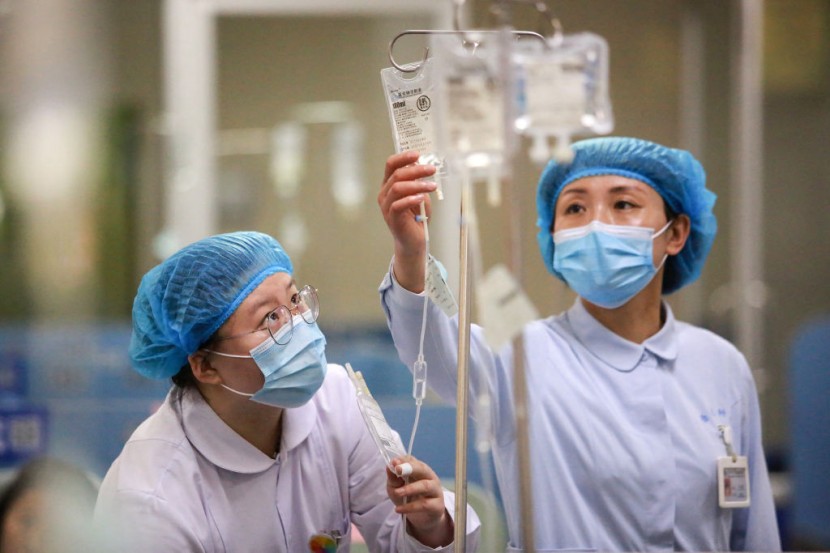The top medical authority in China delivered a public statement on Tuesday, August 15, promising to combat corruption in the country's healthcare system. It is revealed that anti-graft investigators had already been working in the healthcare and pharmaceutical industries for over a year, as reported by the South China Morning Post (SCMP).
Healthcare Anti-Corruption Push

In the announcement, the six areas that would be scrutinized were outlined, and it was made clear that only a select few would be investigated for their roles in the industry's widespread misbehavior.
The campaign will inquire into the use of health insurance program funds as well as rent-seeking by administrators and managers in the medical and pharmaceutical sectors, bribery in the sales of drugs and medical equipment, and the ethical behavior of medical staff.
An unnamed representative for the National Health Commission (NHC) told the official Xinhua News Agency that the campaign aims to "carry out systemic rectification that covers all conspicuous problems of corruption in every area and field in the medical and pharmaceutical sectors so we can establish a host of enduring mechanisms to ensure the long-lasting results of our work."
A combined video conference with nine other agencies, including the National Audit Office and Ministry of Public Security, resulted in the NHC's release announcing the effort to take on corruption in the medical sector, which began around three weeks ago.
Tainted With Corruption
There is a serious danger to the social fabric of the nation due to the pervasive corruption that has developed in the health insurance fund, which provides coverage for around 97% of the population.
This December 2022, SCMP said that five medical staff members, including a hospital head, were sentenced to up to 11 years in prison for embezzling more than 12 million yuan ($1.67 million) from the fund in Xiangtan, a city in the central province of Hunan.
After three years of zero-Covid regulations and a slow post-pandemic economic recovery, the fund is in a dire state. According to statistics released by the NHC in March, over 110 billion yuan ($15 billion) has been dispersed to healthcare institutions throughout China since 2020.
Protests erupted in the Chinese city of Wuhan in February as a result of reductions to residents' medical benefits. However, city officials later clarified that the reductions were part of a nationwide effort to transfer money from people's individual medical insurance accounts into a community pool to better reimburse their outpatient medical expenses.
The public health fund was already in jeopardy before the pandemic hit due to a number of factors, including an aging population with rising healthcare expenditures and a decreasing labor force.
Medical professionals are "dedicated to safeguarding people's health," as the NHC statement put it, but the industry's corruption, high prices, and lack of resources have led to widespread public dissatisfaction.
© 2025 HNGN, All rights reserved. Do not reproduce without permission.








